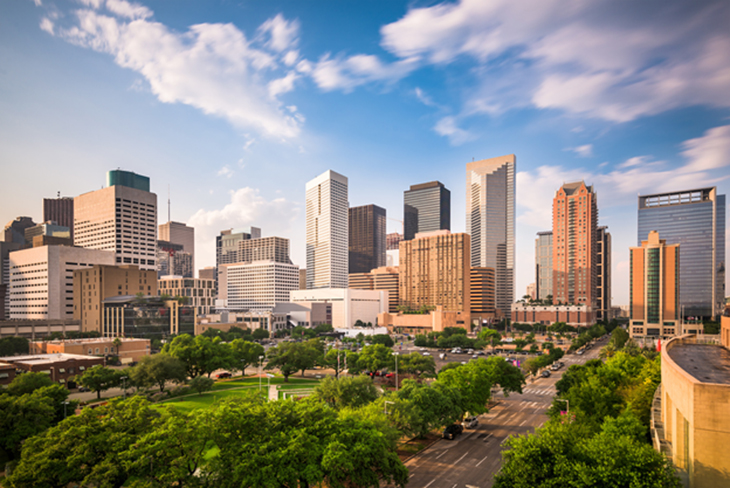A good neighborhood for a renter can vary depending on individual preferences and needs. However, several key factors are generally considered important when evaluating the suitability of a neighborhood for renters. Here are some characteristics that make a neighborhood desirable for those looking to rent:
Affordability: A good neighborhood for renters should offer a range of housing options at various price points to accommodate different budgets. Affordable rent is crucial to ensure that renters can comfortably meet their monthly expenses.
Location and Accessibility: Proximity to workplaces, schools, public transportation, and essential amenities such as grocery stores, healthcare facilities, and recreational areas are vital considerations. Renters often prefer neighborhoods with easy access to major roads and public transit options.

Safety and Security: A safe neighborhood is a top priority for renters. Low crime rates, well-lit streets, and a sense of security are essential factors that contribute to the overall well-being and peace of mind for residents.
Sense of Community: A strong sense of community can make a neighborhood more inviting and enjoyable for renters. Social events, neighborhood associations, and community programs contribute to fostering connections and a feeling of belonging.

School Quality: For families or those planning to start a family, the quality of local schools is a crucial consideration. Good schools in the area can significantly impact the decision to rent in a specific neighborhood.
Amenities and Services: Desirable neighborhoods for renters often offer a range of amenities and services, such as parks, fitness centers, community centers, restaurants, shopping areas, and entertainment options. Access to these facilities enhances the overall quality of life.
Maintenance and Infrastructure: Well-maintained streets, sidewalks, and public spaces indicate that the local authorities are invested in the neighborhood’s upkeep. Adequate infrastructure, including reliable utilities and waste management, is also essential for a comfortable living environment.
Rental Market Stability: A stable rental market with reasonable rent increases and a fair landlord-tenant relationship can make a neighborhood more appealing to renters.
Pet-Friendly Policies: For renters with pets, a neighborhood that accommodates pets with pet-friendly amenities and policies is highly desirable.
Future Growth and Development: Consider whether the neighborhood is undergoing positive development trends that can potentially enhance property value and quality of life in the future.
Ultimately, the definition of a “good” neighborhood for a renter varies from person to person, depending on their lifestyle, priorities, and preferences. Conducting thorough research, visiting the area, and talking to current residents can help renters make an informed decision about the most suitable neighborhood for their needs.








